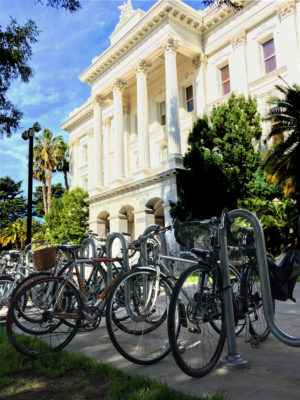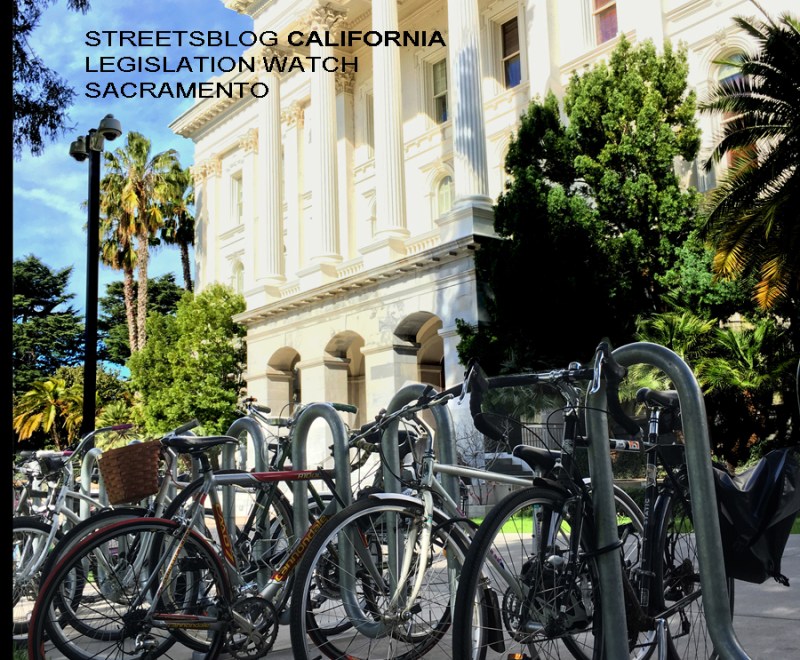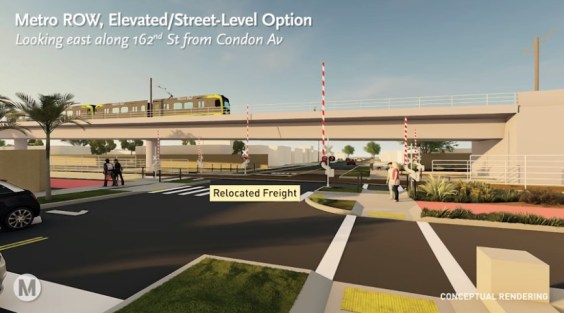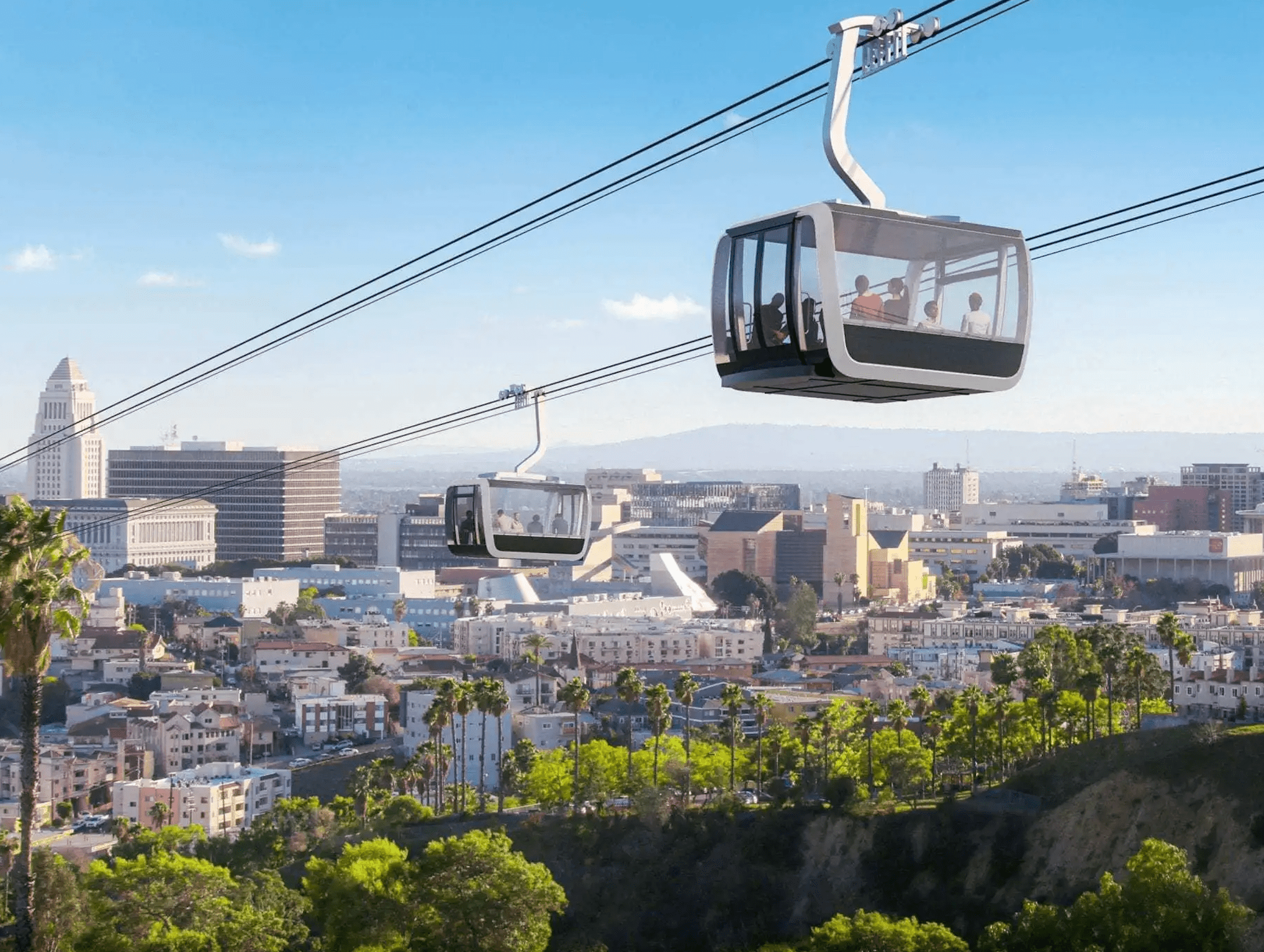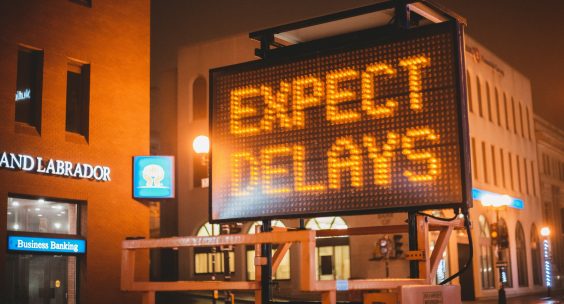Yesterday, Senator Jim Beall's transportation funding bill, S.B. 1, passed its first committee hearing on an 8-3 vote, with two committee members abstaining. Now it will be presented to two other committees, Environmental Quality and Government Finance, before it hits the floor of the Senate.
Yesterday's hearing was in the Transportation and Housing Committee, which Senator Beall (D-Santa Clara) chairs. The bill is largely the same as one that languished throughout last year's Transportation Special Session and ultimately went nowhere. There was urgency then, which has only increased, given winter storms that have undermined and flooded highways all over the state, and Governor Brown's call for a solution by April.
The conversation at the hearing made it clear that the only thing all participants agree on is that something needs to be done. Senator Beall put the emphasis on safety, using the Oroville dam as an example of the dangers of not coming to a funding agreement. Aging infrastructure, lack of funding, and an “ever growing and ever shifting population” are combining to create a crisis for California's transportation systems. “It's going to get worse if we do nothing,” he said.
Senator Beall has been working to get support for his bill for a long time, an effort Senator Toni Atkins (D-San Diego) said was probably “as easy as herding feral cats.” The main question has been how to raise transportation funding to the level it once was, which S.B. 1 would do by raising gas taxes and fees. That will require a 2/3 vote to pass, and while it has a better chance of passing than it did last year, there is still opposition to it from every direction.
Garnering wide support also meant including a range of marginally-related provisions to please certain constituents, like the creation of a brand new oversight agency at the same time it removes the California Transportation Commission—which decides how transportation funding is allocated—from the oversight of the California State Transportation Agency.
At the same time, the bill still lacks a clear statement about transportation priorities as well as guarantees that the new funding will get us there.
Senator Atkins questioned whether the cost savings from “efficiencies” at Caltrans, which is a provision of the bill, were being oversold. Senators Wiener (D-San Francisco) and Allen (D-Santa Monica) called for more investment in transit, and senators Wieckowski (D-Fremont) and Skinner (D-Berkeley) urged Beall to consider a higher fee on electric vehicles to better match what the average gas-burning car driver would pay in increased taxes. “I understand the need to encourage people to buy and use electric vehicles,” said Senator Nancy Skinner. “But this is about paying for maintaining the roads we all drive on.”
Of course, Republicans on the committee opposed it because taxes.
A long line of supporters showed up, most of them representatives of local and regional governments, labor organizations, construction companies, and municipal employees. And then there was the disconcerting sight of the California Bicycle Coalition, Safe Routes to Schools, and the Sierra Club sitting at the same table in opposition to the bill alongside the Western States Petroleum Association, the Howard Jarvis Taxpayers Association, and the Automobile Club.
Their reasons for opposing the bill, of course, are very different. WSPA argued that since oil will be a declining source of energy in California's future, taxes on it will also be a declining source of revenue. The Howard Jarvis representative gave the expected speech against taxes. The Auto Club opposed the vehicle weight fee because it's not a usage-based fee.
Representatives from a coalition of more than eighty groups, including the California Bicycle Coalition, Safe Routes to Schools, California Walks, Climate Plan, the Coalition for Clean Air, the Sierra Club, and Leadership Counsel for Justice & Accountability, applauded aspects of the bill that they say work well. For example, it includes funding for active transportation and calls for the incorporation of Complete Streets principals at the state level. But the coalition is opposed to the bill in its current form, and submitted a list of principals they say need to be part of any transportation funding bill.
They are asking that the bill:
- Advance social and economic justice, with specific provisions to ensure that all investments from the funding package provide meaningful benefits for low-income communities and people of color, who are disproportionately in need of greater mobility and bear the brunt of the health and safety impacts of our transportation system.
- Dramatically increase sustainable funding for operating public transit.
- Align transportation investments with California air quality and climate standards and goals, including tracking and mitigating any funding that could potentially expand freeways or add new road capacity.
- Increase expertise and accountability in decision-making. The group is supporting another bill, A.B. 179, that calls for future appointees to the California Transportation Commission to have expertise in social equity, sustainable transportation, and related policy areas, and wants S.B. 1 to be in alignment with that bill.
- Oppose any rollback of California environmental oversight. A provision in the bill calls for streamlining CEQA for transportation projects to speed things up. But the coalition reminded senators that CEQA is designed to protect California’s residents and natural resources, and that it is one of few opportunities for the public to be informed about and to weigh in on projects.
Phoebe Seaton of the Leadership Counsel for Justice & Accountability pointed out that the Coachella Valley and the Inland Empire, where her group works, is frequently used as an example of why expanded roads are needed. But, she said, over and over again the residents of these areas state that their priorities are walkability, sustainability, and improved air quality.
Several senators said the bill wasn't quite where they wanted it, but they supported it (or abstained) so it would stay alive. “If it doesn't move forward today, it dies,” said Senator Atkins. “And that's not good.”
Beall closed the discussion by saying, “In government, we're supposed to have these kinds of discussions,” airing and respecting a diversity of viewpoints. “For me,” he said, “It comes down to a question of safety. By not doing something—by failing to come up with a reason to vote—we will cause more deaths, more road injuries. Sometimes we just have to grit our teeth and do it.”
